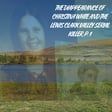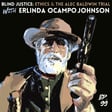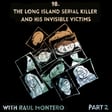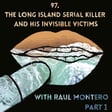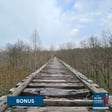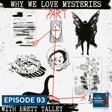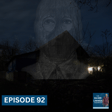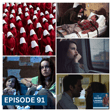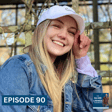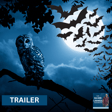
94. Why We Love Mysteries with Brett Talley (Part 2 of 2)
We return to mysteries with celebrated author Brett Talley, the co-host of The Prosecutors Podcast, where we explore the connection between modern-day true crime and the human fascination with mysteries. Among other things, we explore the human need to search, solve puzzles, make sense of the world and what happens when those enigmas are solved. This is the second episode of a two-part series.
This is the second part of a conversation with Brett as we continue to talk about some fascinating mysteries and why we as people are so gripped by them.
Check out the Silver Linings Handbook website at:
https://silverliningshandbook.com/
Check out our Patreon to support the show at:
https://ww.patreon.com/thesilverliningshandbook
Join our Facebook Group at:
https://www.facebook.com/groups/1361159947820623
Visit the Silver Linings Handbook store to support the podcast at:
https://www.bonfire.com/store/the-silver-linings-handbook-podcast-store/
Episode art by Hannah Hill who is the talented artist who produces art for every episode of The Prosecutors podcast, which Brett co-hosts with Alice LaCour. To check out and support Hannah's art, check out her Instagram at @serious_moonlite or her website at https://linktr.ee/HannahHillArt.




